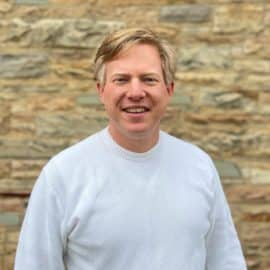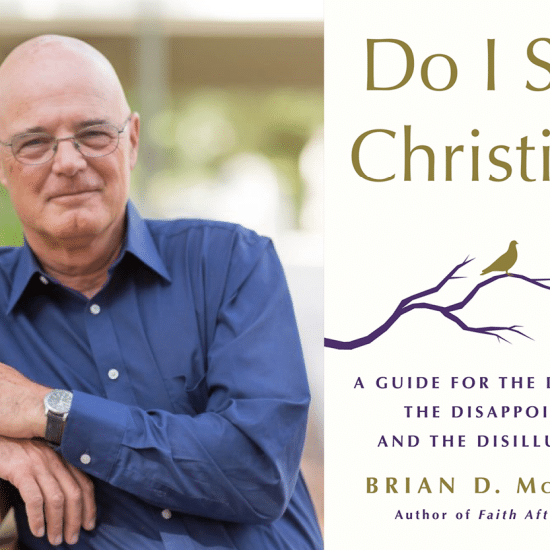WASHINGTON (ABP) – An interfaith leader and Baptist minister said Oct. 15 that a 13-year-old government commission on international religious freedom now facing funding obstacles is too politicized to effectively address the “tremendously important issue” of religious persecution.
Interfaith Alliance head Welton Gaddy said on his State of Belief radio broadcast that part of the problem is that the U.S. Commission on International Religious Freedom is accurately described as an organization in the State Department “that few people know about.”
“If it were doing what I wanted it to be doing, it would be very well known,” said Gaddy, pastor for preaching and worship at Northminster Church, a Baptist congregation in Monroe, La.
With its funding about to expire, the House of Representatives voted Sept. 15 to reauthorize the USCIRF for two more years. An unnamed senator then put a “hold” preventing Senate action on the measure, raising questions from conservatives about the Obama administration’s commitment to religious freedom in setting foreign policy.
Gaddy said one of the committee’s major responsibilities is to publish an annual list of major violators of religious freedom around the world. Another office in the State Department edits the list and can remove a cited country if there are close political ties or if keeping the country on the list would create additional problems.
Gaddy said the bi-partisan commission appointed by the president and members of both political parties has never been authoritative on the issue of religious freedom around the world because “it is far too politicized,” by both Democrats and Republicans.
Two of the nine current USCIRF commissioners are Baptist ministers. Richard Land, president of the Ethics and Religious Liberty Commission of the Southern Baptist Convention, was first appointed in 2001 by President Bush. After two terms he was reappointed in 2005 by then-Senate Majority Leader Bill Frist (R-Tenn.) and then twice more in 2007 and 2010 by Senate Republican leader Mitch McConnell of Kentucky.
William Shaw, immediate past president of the National Baptist Convention, USA., Inc., and pastor of White Rock Baptist Church in Philadelphia, was appointed in June 2010 by President Obama.
Gaddy said based on personal experiences he also believes that in some cases the commission gets “only cleaned up information” about what is happening with religious freedom. He recalled one interview he did with the then-head of the commission regarding Cuba.
“Maybe it’s because I’ve been in and out of Cuba three or four times because of our church’s relationship with it, but I knew more about what was going on in Cuba than she did,” he said. “And that’s not good for someone in a government office.”
On Oct. 11 the USCIRF denounced deadly violence in Egypt targeting Coptic Orthodox Christians. Gaddy predicted the committee’s advice on Egypt will have little impact on U.S. policy, however, “because we have strategic relationships with that country and will be very careful about what we say is going on there.”
“What’s clear is that religious freedom is in trouble everywhere in the world,” Gaddy said. “I can’t say that forcefully enough or persuasively enough. We’re seeing it develop right before our eyes, and we do need to have a presence affirming religious freedom, defending religious freedom, promoting religious freedom among our neighbors. My greatest fear is that we are not as loud and bold as we should be because we may not be as committed to religious freedom as we once were.”
Gaddy said too many American politicians and citizens “think we live isolated from the rest of the world.” He recommended that such people look at shifting demographics in the United States, where he just heard a pollster say that white Protestants are soon going to be a minority group.
“That ought to register as we look at the world, because we are not the majority everywhere, and there are minorities everywhere that are under persecution,” he said. “And if we don’t care just because we’re majorities we ought to remember we may be on our way to being minorities also.”
-30-
Bob Allen is managing editor of Associated Baptist Press.






